“[Integrity is] choosing courage over comfort; choosing what’s right over what’s fun, fast, or easy; and practising your values, not just professing them”
– Brene Brown.
Integrity is one of five School of Early Learning values.
The word integrity evolved from the Latin adjective integer, meaning whole or complete. It is defined as ‘an undivided or unbroken completeness, or a state of being complete or whole.’
At SOEL, we state that integrity is doing things the SOEL Way whether someone is watching or not.
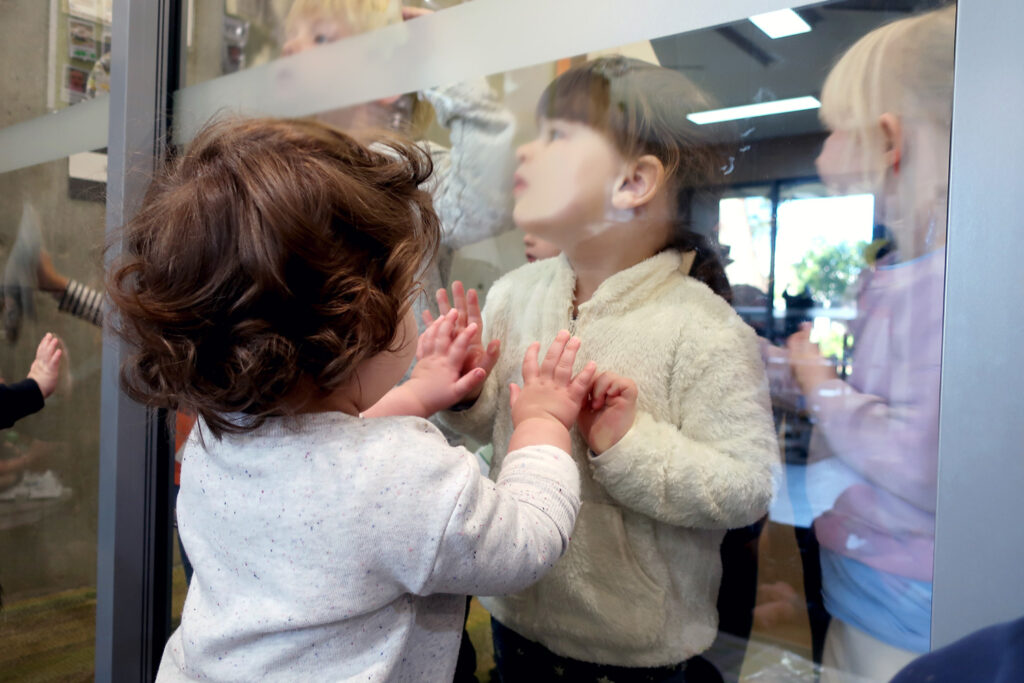

So, what does it mean to break new ground for children and educators through a lens of integrity and antibias?
We want ALL children, families, and educators to be able to break new ground. To do this, we need to:
- Acknowledge, honour and celebrate ALL families, children and educators’ differences and diversities
- Have learning programmes and environments that encourage confidence and self-awareness as well as positive representations of ALL the children’s, educators and family’s self-identities and social identities;
Breaking new ground with integrity includes sharing respectfully and honouring not only the stories of the groups in society we see usually represented and whose stories are shared openly but everyone’s stories because all stories matter. This includes breaking new ground for children with additional rights and needs, breaking new ground with and for First Nations people and breaking new ground in our representation and value of diversity in our learning programmes (socio-economic, racial, ethnic background, gender, language, etc.)
These ideas are represented on the United Nations Rights of the Child and in our National Quality Framework with clear links but are not limited to:
- The National Quality standards – Quality Area 1, 3, 5 and 6
- Early Years Learning Framework principles: Partnership with Families, High Expectations and Equity
- Early Years Learning Framework Practices: Cultural competence, Responsiveness to Children,
- The Early Years Learning Framework outcomes: 1.3 Children develop knowledgeable and confident self-identities, 2.2 Children respond to diversity with respect, 2.3 Children become aware of fairness
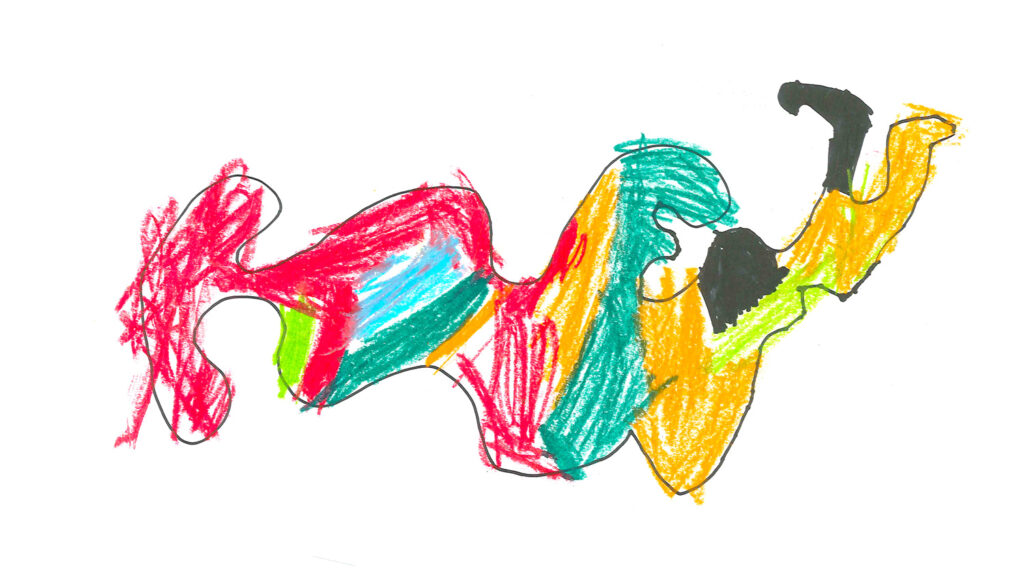

Our 2022 Research started with a desire to choose ‘courage over comfort’ by inviting our educators and families to wear a compassionate lens for those who are different, to value difference and see the richness it brings to our lives and the lives of our children.
“As I learn to like the differences in me, I learn to like the differences in you.”
– Bill Martin’s poem. I am freedom’s child.
The research invites us to look at and identify our blind spots and our own biases, as well as the bias that creeps into our curriculum, language and daily practices with children. It also encourages us to question and look with a curious mind at the books, music, experiences and resources we usually offer to our children:
- Who is represented, and who is not?
- Who is being advantaged by this representation, and who is being disadvantaged?
These questions are the pillars of any critical reflection process. A practice that the Early Years Learning Framework says should drive and be embedded in our programme planning and implementation.
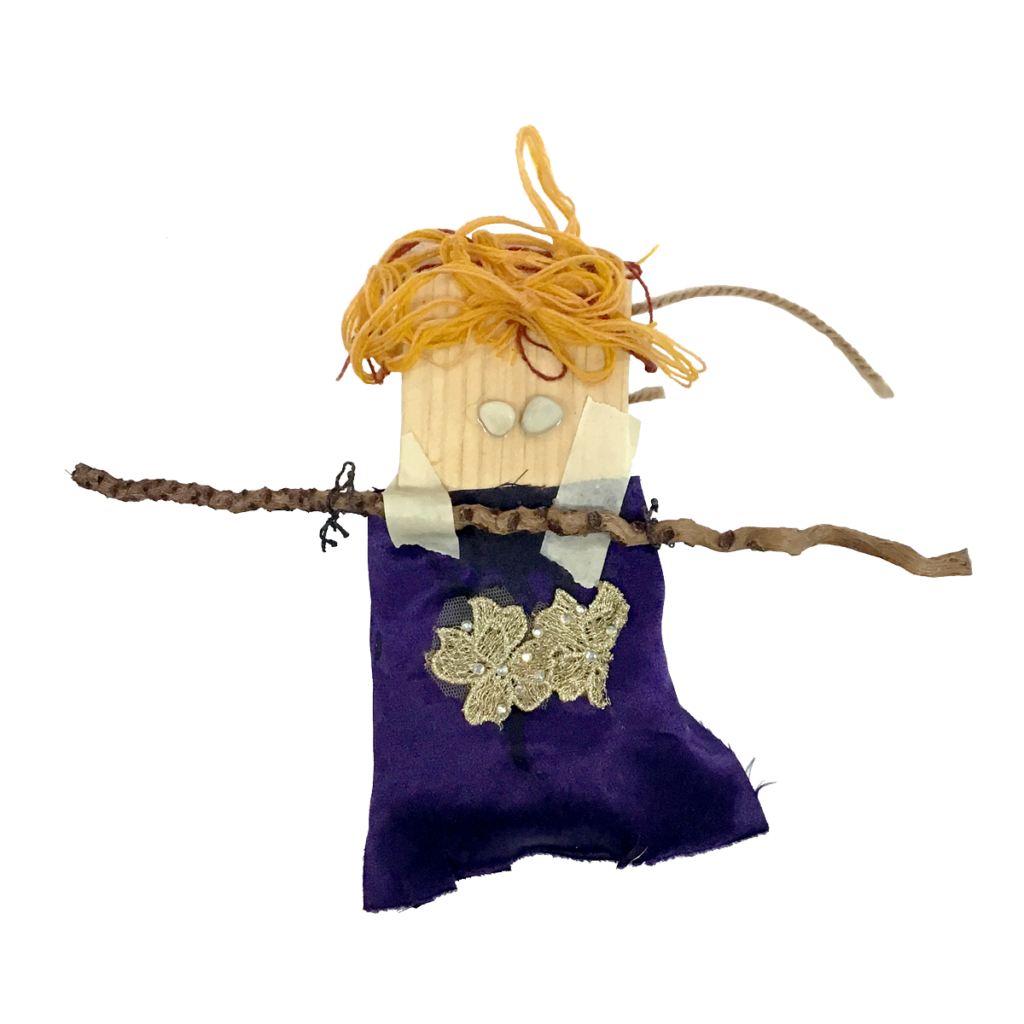

How do we cultivate integrity in our daily lives?
Just like mindfulness and curiosity, integrity is a daily and intentional practice. These are some starting points:
- Identify your values. For the Schools of Early Learning, these values are:
Integrity, Curiosity, Resilience, Mindfulness, Leadership
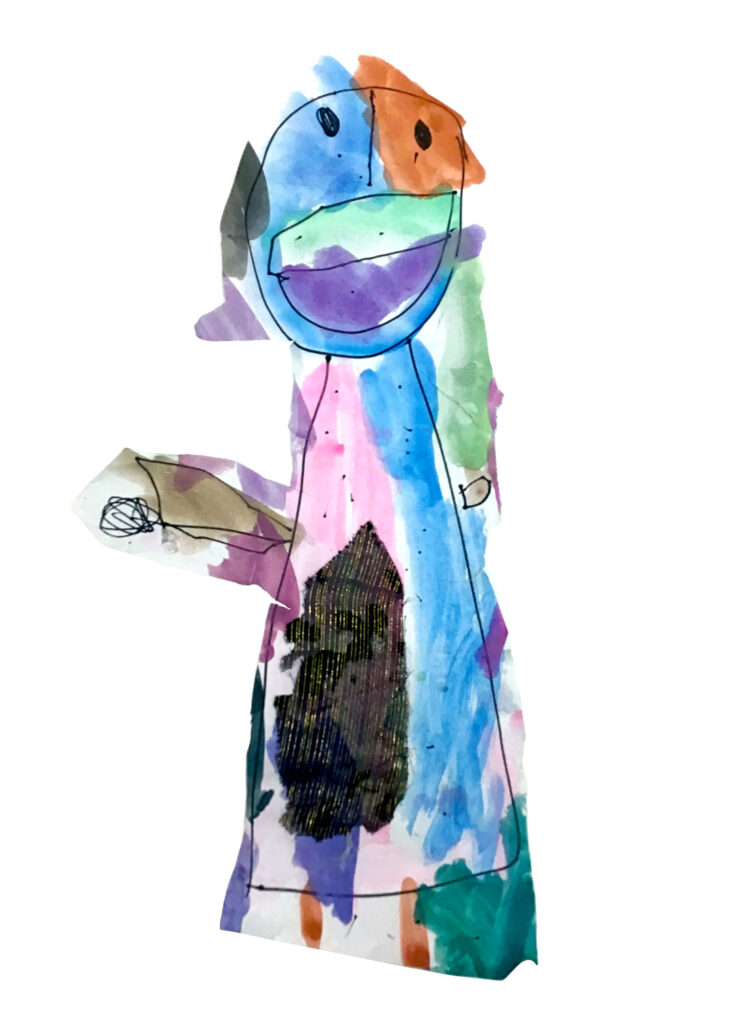

What values do you hold?
“Living into our values means that we do more than profess our values; we practice them. We walk our talk—we are clear about what we believe and hold important, and we take care that our intentions, words, thoughts, and behaviours align with those beliefs.”
– Brene Brown.
This is a foundational step to living in integrity; you need to know first what integrity means for you and what that looks like in action.
For a list of values and a step-by-step exercise to select the values important to you, visit: https://brenebrown.com/resources/dare-to-lead-list-of-values/
Once you have identified your top 3 values, list ways you can live these each day. For more information on living intentionally and with integrity from Brene Brown’s work, listen to this episode of Unlocking Us:
Other ways to cultivate integrity are:
- Make promises and keep them. Start with small commitments or agreements and honour each one you make. This could be a simple: “I agree to take the bins out each Monday.” Then do what you agreed to do with no excuses.
- Be honest in all your communication. Start to notice where you elaborate or bend the truth somewhat or when you omit information or mistakes.
- Honesty means being truthful about what you can and cannot do and being honest about your feelings. It means having the courage to express your honesty and truth. This involves leaning into your vulnerability about who you are and what is important, even when going against what others think or feel.
- Stand up for what your beliefs. People always feel better about themselves when they stand up for what they believe in, especially when conveyed respectfully and positively.
- Surround yourself with people of integrity. Choosing friendships with people who have integrity will make it easier to keep your integrity.
Choosing to cultivate and practice daily integrity results in feeling better about who you are as a human in the world. This is an excellent start to an intentional and happy life.
Related Blog Posts
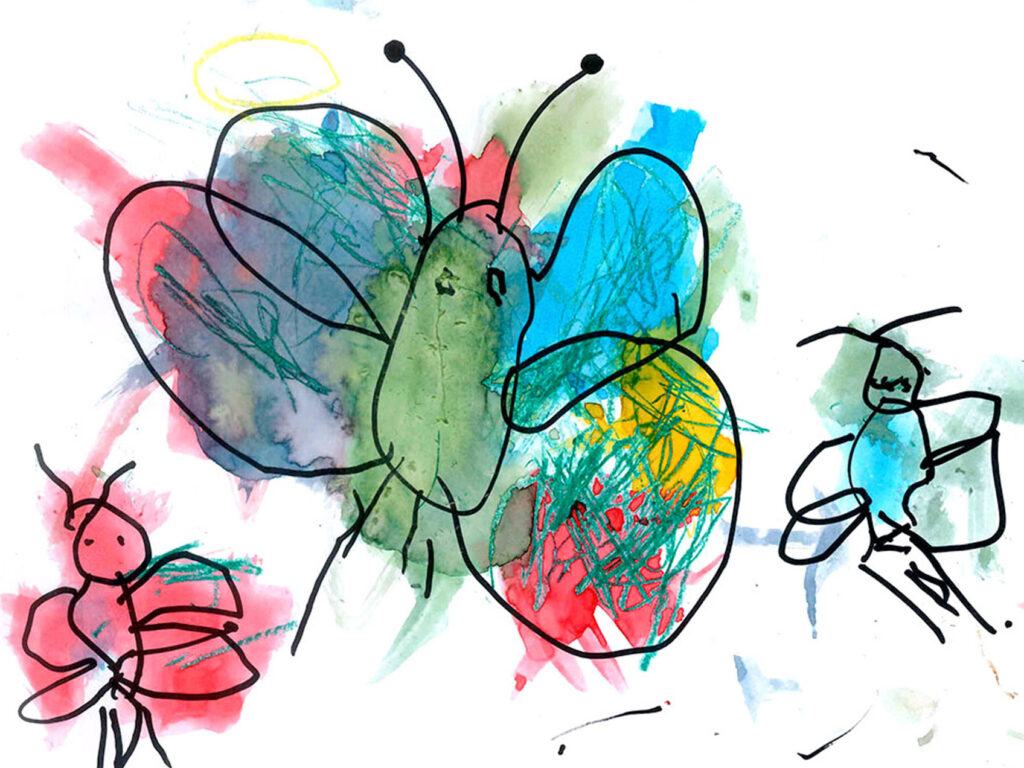

The Anti Bias Approach for 2022
The Pedagogy and Training team discusses the approach to research SOEL will take in 2022 where we will be exploring social justice.
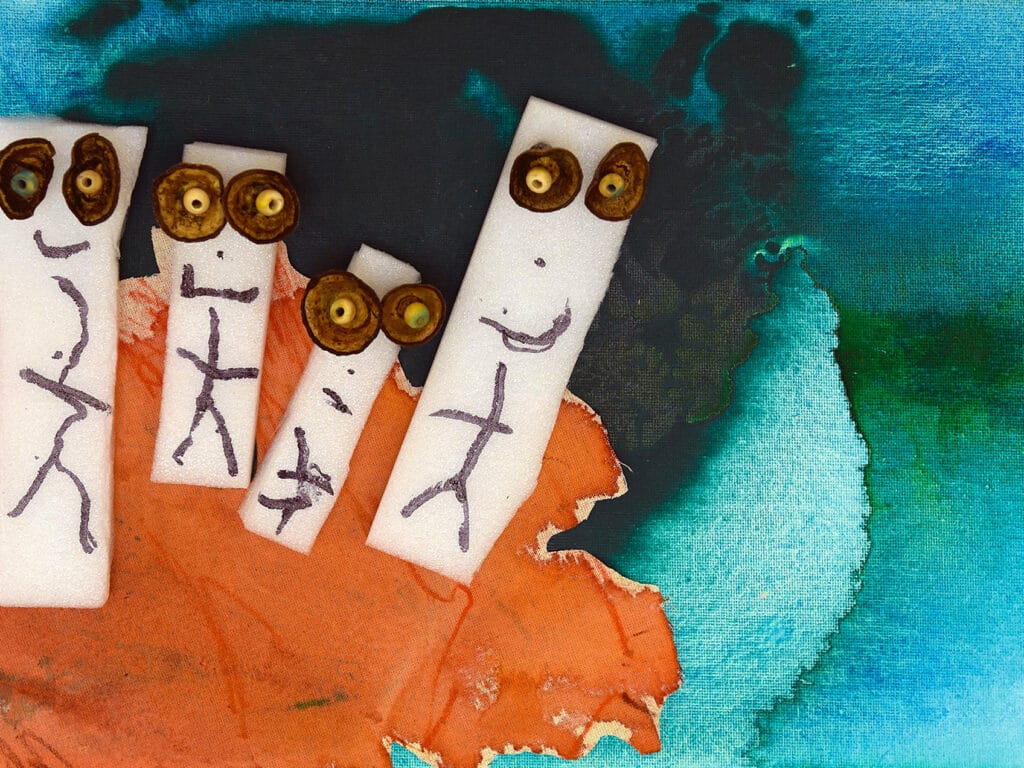

Approaching Anti Bias using BIG Ideas
Discover simple natural dye recipes as well as flour glue recipes you can create with your child, and bring a little of our SOEL studio home.
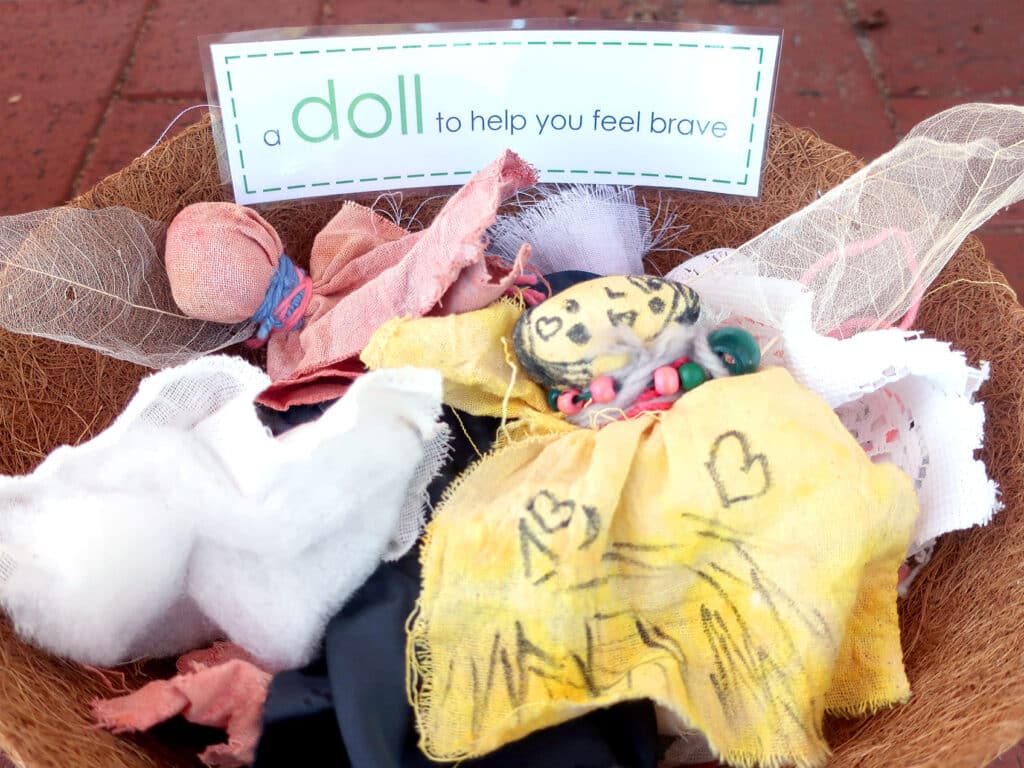

SOEL Home Experience: Mindfulness
At SOEL, mindfulness shapes and guides our research work with children and educators through our anti-bias lens, which in turn helps us become mindful educators.
